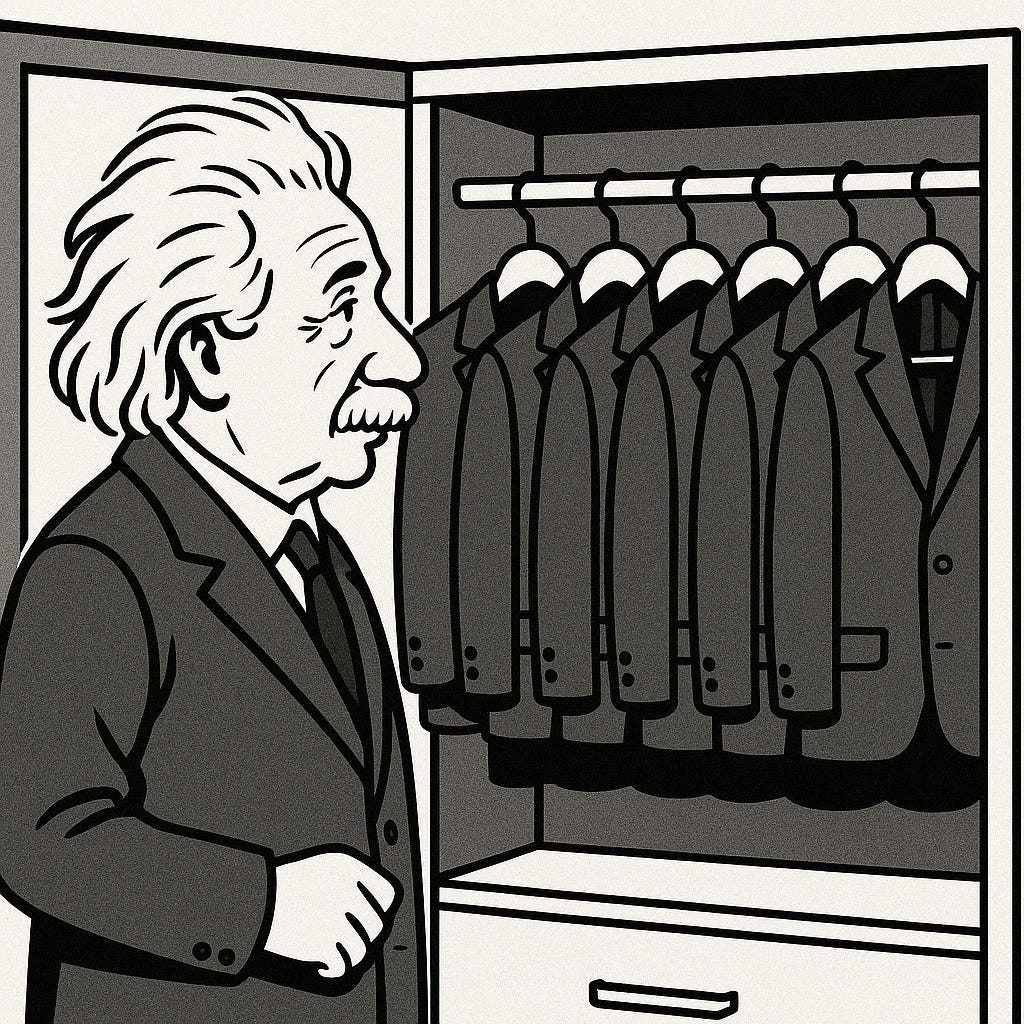A century ago, Walter Lippmann wrote about the challenges of public opinion and how difficult it is for individuals to come together as a group.
His vision of how things really were was a stark contrast to the rosy view most Americans had during the Roaring Twenties. This was just after the first World War, and the dominant political paradigm in the US pretty much wanted to bury its head in the sand and ignore the rest of the world.
Consumerism was a powerful force, with Madison Avenue propaganda campaigns using psychology as a tool more effectively than in recent memory. Edward Bernays had recently run his Torches of Freedom campaign to convince women to take up cigarettes, leveraging the rebellious nature of smoking.
Ever since then, advertising has taken for granted the idea that social issues could be manipulated for commercial gain. Think for a moment about how much that changes everything.
Lippmann saw what Bernays and others were up to clearly, and he didn’t view it very favorably. Since public opinion could now be manipulated so effectively with modern technology and connectedness, it seemed like a government where the majority got to decide how things would work was destined to fail.
Yikes, what?
This might sound tyrannical, but if you think about modern democracies, they all operate like republics. If the entire nation had to vote on every single decision, there would never be any legislation—there could only be so many things discussed on a given day, so we elect representatives whom we presumably trust to look out for our interests.
We allocate decision-making to them in the same way that I might allocate the decision about what we’re going to have for dinner tonight to Alley, or you might just let Netflix pick the next thing you watch if you’re feeling extra lazy. I’ll never try to allocate any important decisions like this, but with the more trivial stuff, I’m eager not to have to decide everything all the time.
Decision fatigue is a very real thing, and if you have to make a lot of decisions in a given day, it’s entirely possible that you’ll make worse and worse decisions over time. Think about how Einstein famously had several of the same suit in his closet, so he could just grab and go without wasting precious mental energy on something so unimportant to him.
Lippmann was firmly behind representative leaders who understood more about their particular domains, like a finance person acting as the head of the Treasury or an epidemiologist working at the head of the NIH.
Because the populace-at-large couldn’t be expected to keep up with all of the complexity that each domain contained, Lippmann argued that stereotypes and simplified narratives are destined to dominate amid so much complexity.
Even worse, there was a massive web of nuance connecting different domains together, which even experts in one domain would inevitably miss. This connecting web was what made the world run, and it was all too much for the layperson to keep up with. It was much, much easier for the public-at-large to be manipulated.
Lippmann knew that there were fundamental limits to the human perception of reality. The 20th century was just a more technologically advanced version of Plato’s Allegory of the Cave:
Here, chained to a wall since birth and unable to go and explore the world, these prisoners observed the dance of shadows on the wall, created by the flicker of a flame burning behind them. The fire was designed to keep them warm, but it also provided just enough light for these shadows to perform little stories.
In Public Opinion, written in 1922, Lippmann applied this same cautionary lesson to the modern world:
For the real environment is altogether too big, too complex, and too fleeting for direct acquaintance. We are not equipped to deal with so much subtlety, so much variety, so many permutations and combinations. And although we have to act in that environment, we have to reconstruct it on a simpler model before we can manage with it.
Here we are, more than a hundred years later. What are the shadows on the wall we’re seeing today, really?






We all just want a benevolent dictator to tell us what to do!
The Third Reich learned a lot from Lippman, directing films of happy Jewish children to be presented to the world while unthinkable horrors were happening. Then there’s the tobacco industry paying scientists to come up with the term “junk science” to poke holes in perfectly good science showing the deadly effects of cigarette smoking. We could go on about how the U.S. government and corporations supported dictators. Fun stuff.